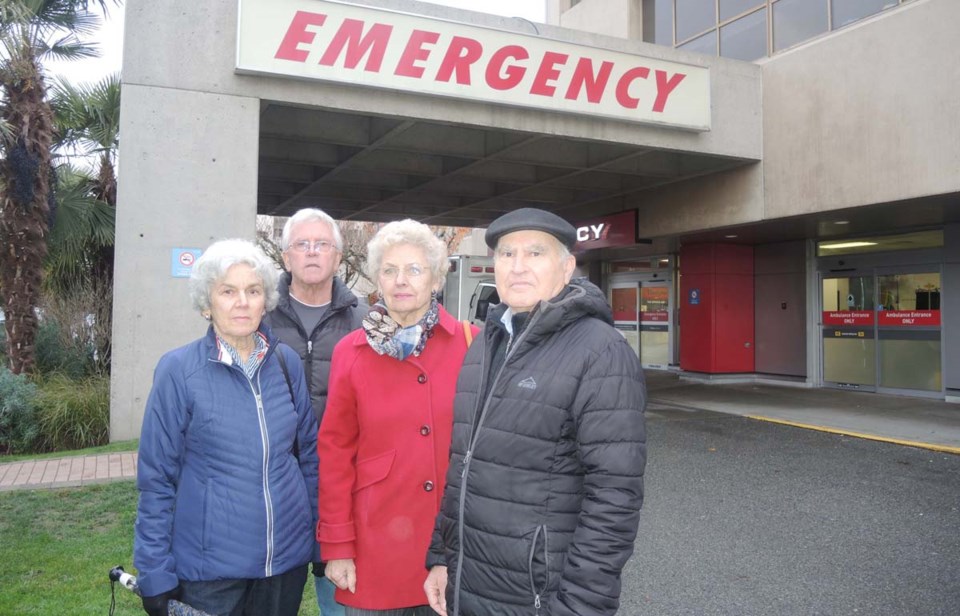We keep on hearing how Richmond is growing by the day, mostly up, if you look to the proliferation of high rises in the city centre core.
And as Richmond towers into the sky, the population expands with it, as does the demand for vital services, such as police, fire and healthcare.
With specific reference to the latter, the need for a new north tower at Richmond Hospital becomes more acute with the foundation laying of every new apartment block.
But while looking to the future of healthcare in Richmond, it’s important not to overlook the present and the everyday needs of its residents, particularly those in their advancing years.
After all, it’s often said a society can be judged by the way it treats its most vulnerable.
Case in point being our feature on page 26 where Vancouver Coastal Health (VCH), which oversees Richmond Hospital, has decided to ship all cataract surgeries from Richmond to purpose-built facilities at Mount St. Joseph Hospital in East Vancouver.
As far as Richmond’s eye doctors are concerned — and as far as the Richmond News can ascertain — no consultation took place between VCH, its healthcare partners or stakeholders. And, other than saying the move is “better for patients,” it’s not clear how this is going to be “better,” given there are already 502 people on the cataract surgery waiting list in Richmond and a further 1,306 at Mount St. Joseph’s.
On the face of it, there appears to have been very little, if any, consideration given to the demographic of patients who are in need of such surgery.
By its nature, cataracts tend to develop with age. It’s estimated that by age 80, more than 50 per cent of individuals will have cataracts or have had cataracts surgery. And people in such infirmity also tend to have several other health issues to boot. Piling onto the stress factor isn’t going to improve their health. Quite the reverse, I’d guess.
So why move such vulnerable people, whose eyesight is already on the slide, 14 kilometres north, through congested traffic to an unfamiliar location which, for many patients, would require a bus, train, bus ordeal to get to?
The answer, according to VCH, is to “free-up operating room time…for more appropriate surgical cases.”
What can be more “appropriate” than taking care of Richmond’s senior citizens — those who’ve contributed to the community for decades — and making life as easy as possible for them when their health begins to fade?
According to one of the local eye doctors, the move stinks of “centralization,” which can usually be traced back to saving money, or “consolidation,” in corporate speak.
If that is the case, cataract surgeries will be a small piece in VCH’s healthcare jigsaw, when it comes to making all the budgetary parts fit.
But it’s a big deal for those in their twilight years, trying to solve the everyday puzzle of seeing their sight slip away.



